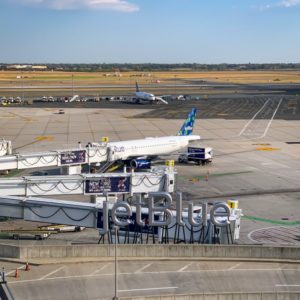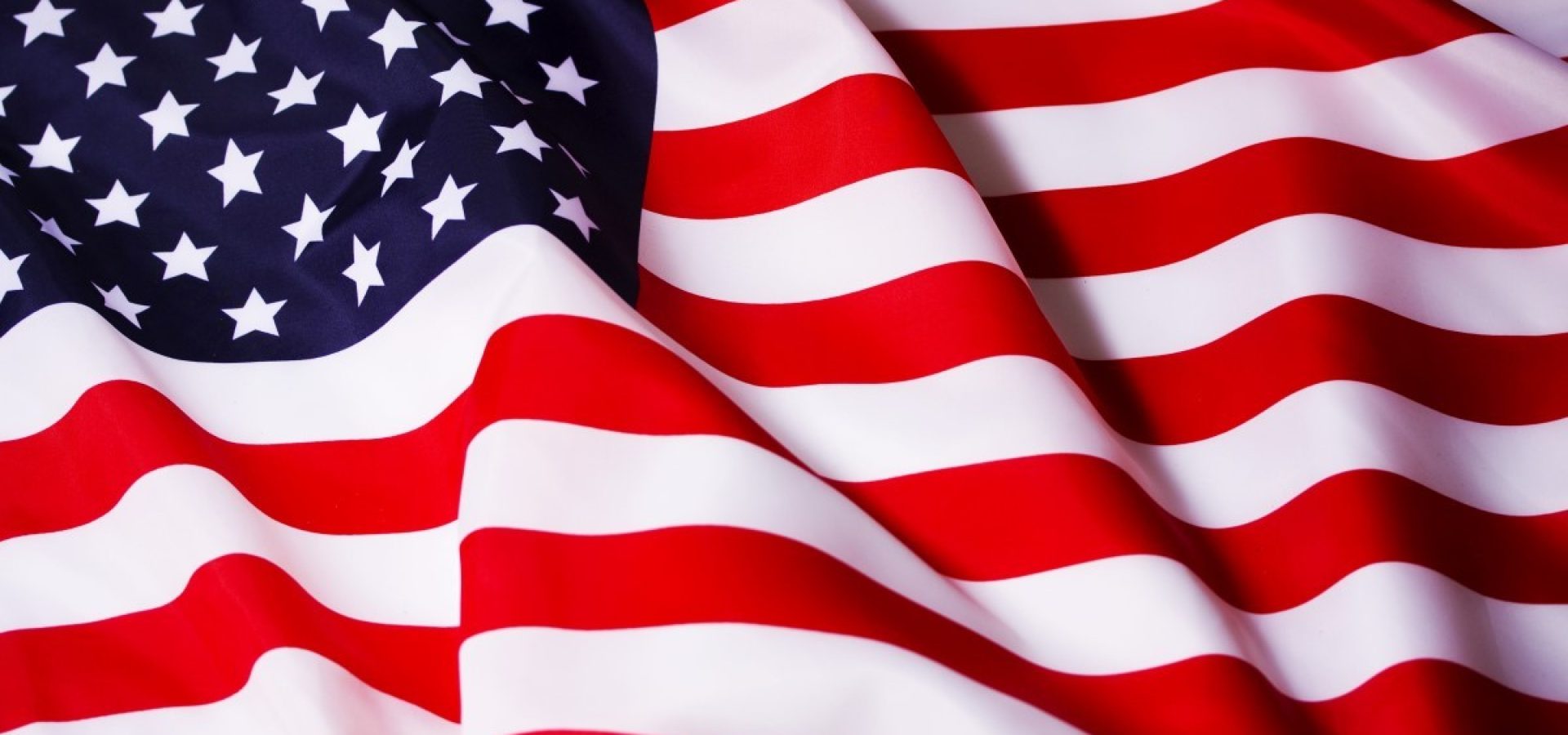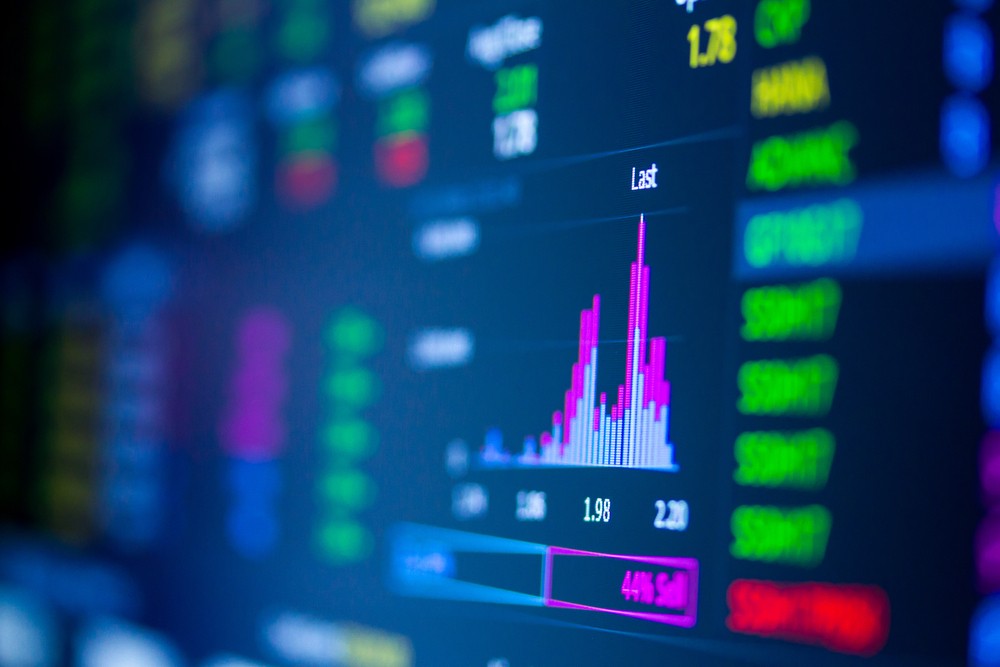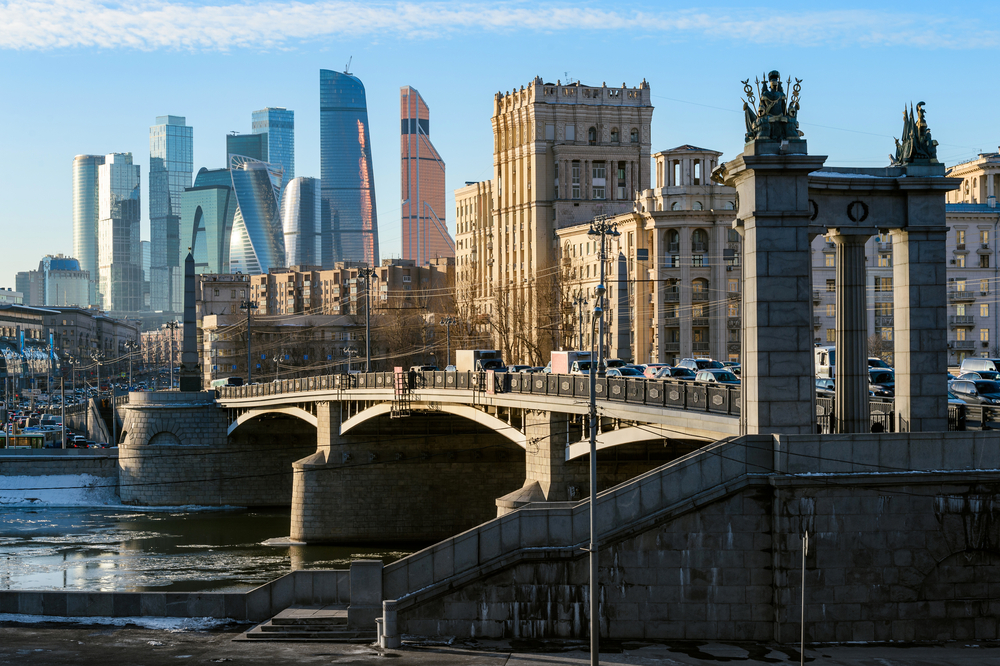The coronavirus crisis had a dramatic impact on the U.S. economy and the global economy in general. Nevertheless, when the coronavirus crisis or least the most significant of the pandemic, the U.S. will retain the status of the biggest economy in the world. However, it will take time to get back on track, especially for the travel industry, as pandemic inflicted serious damage to the industry.
The World Travel and Tourism Council (WTTC) is advocating for a global set of rules to follow in airports, hotels, etc. This council represents the industry and it is understandable that they would like to deal with problems as soon as possible. Nevertheless, it makes sense as governments will save time by creating a global set of rules.
According to Gloria Guevara, she expects the liftoff in travel to start with so-called “staycations” with trips near home. Moreover, based on the information provided by WTTC, travelers will see a number of changes, when they will start traveling. For example, travelers are likely to see at hotels digital check-ins as well as hand sanitizers and contactless payments rather than cash.
Also, cruise line workers will wear gloves, and companies will spend more time cleaning the cruise ships. Travelers will have to undergo testing when boarding as well as exiting. Moreover, people should keep in mind that passengers will have to wear masks while on board.
Travel industry and main challenges
Companies, as well as passengers, will have to adapt to the new reality. Undoubtedly, this process will take time, but companies may lose clients if they fail to implement the latest changes.
According to the survey, 51% of people won’t do business with companies that won’t enforce sanitary rules. Moreover, as can be seen from the survey conducted by New York-based biotech company Vital Vio, 76% of respondents said they will hold brands accountable and this a serious challenge. It means that companies might lose thousands of customers if they don’t invest in cleaning their spaces.
Moreover, respondents are willing to pay more for cleaner and safer travel. The same applies to activities like dining out and going to the gym.
According to Goldman Sachs, the first sectors to reopen will be manufacturing, professional services, and agriculture. Accommodation and food service services are among the riskiest industries. Thus, airlines, hotels, should pay more attention to small details. They will have to reassure the customers that they can safely travel around the world.









COMMENTS